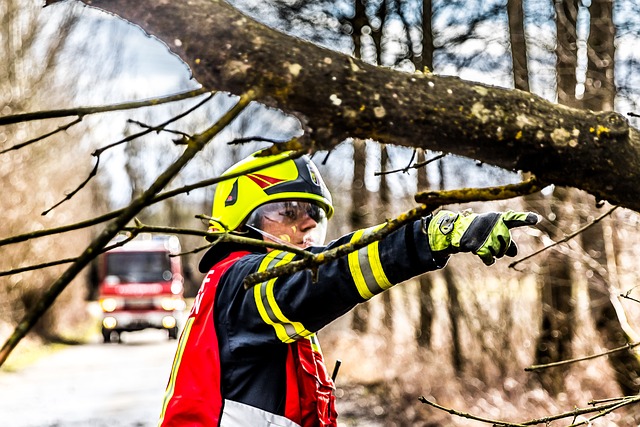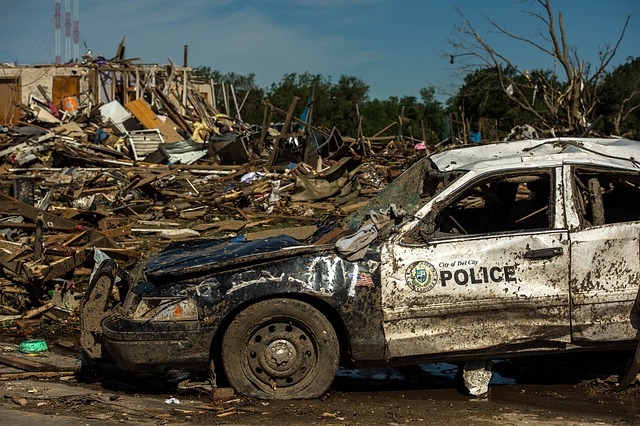After a devastating fire, assessing and valuing affected properties in California can be a complex process. This comprehensive guide explores the critical steps involved in post-fire property valuation, offering insights for both homeowners and real estate professionals. We break down the impact of fire damage, the role of insurance assessments, and expert strategies to navigate the selling process successfully when dealing with fire-damaged residences in California.

When it comes to selling a house with fire damage in California, understanding the post-fire property valuation process is crucial for both homeowners and real estate professionals. After a fire, it’s common for properties to experience significant depreciation due to the structural damage, smoke stains, and potential safety concerns. However, this doesn’t necessarily mean that selling such a home is impossible.
In California, experienced appraisers are trained to assess properties affected by fires, taking into account not just the visible repairs needed but also factors like the extent of damage, age of the property, and local real estate market trends. This comprehensive evaluation ensures that both buyers and sellers have a clear understanding of the home’s current value in the aftermath of the fire. Proper documentation of the damage and any subsequent renovations can significantly aid in this process, making it easier to navigate the selling journey.
model 'aya-expanse' not found

When a home in California suffers from fire damage, one of the first steps in the recovery process is often navigating the complexities of post-fire property valuation. Homeowners selling a house with fire damage need to understand that traditional appraisal methods may not always apply accurately due to the unique circumstances involved. This can lead to challenges when trying to determine a fair market value for the affected property.
In such cases, specialized services and innovative tools become essential. For instance, while models like ‘aya-expanse’ are designed to assess property values, they may not account for fire damage. Homeowners should look for professionals who can adapt these models or employ alternative methods to factor in the repairs, reconstruction costs, and potential changes in the local real estate market post-disaster.






